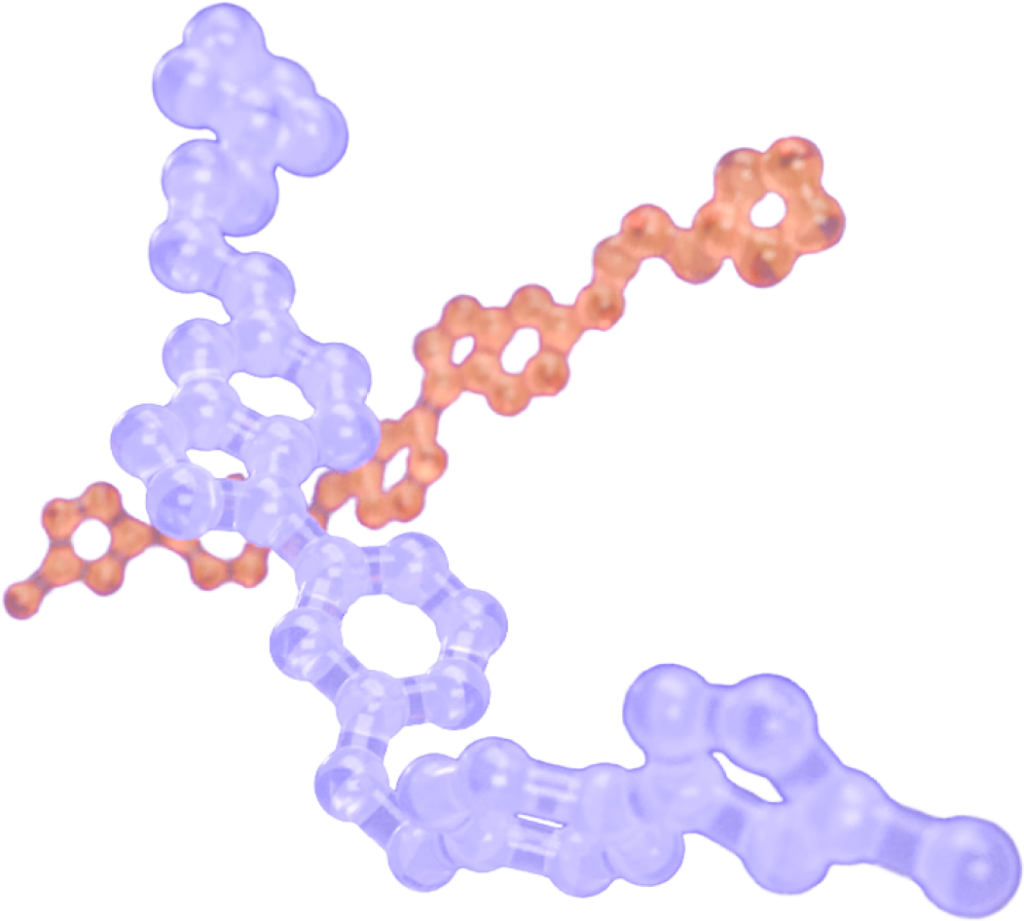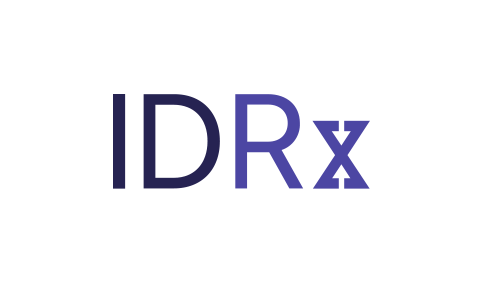GIST
A significant unmet need
Gastrointestinal Stromal Tumor (GIST) is the most common subtype of soft tissue sarcoma occurring in the gastrointestinal tract.
GIST begins when genetic mutations occur in certain genes, leading to uncontrolled cell growth and the formation of tumors. In the United States, between 4,000 and 6,000 people are diagnosed with GIST annually, and approximately 80% of all GIST cases are driven by mutations in a gene called KIT.

The Need for Better GIST Therapies
Standard of care therapies for first- and second-line GIST treatment have efficacy limitations, driven primarily by the emergence of resistance mutations, as well as tolerability issues, and have remained unchanged for almost 20 years.
GIST disease progression remains largely driven by KIT mutations even after multiple lines of therapy. Disease progression related to the emergence of resistance mutations in KIT is experienced by ~90% of patients treated with the current standard of care for GIST.
Existing standards of care, which lack depth, breadth, and selectivity, provide suboptimal patient outcomes. Depth is the ability to potently inhibit both major classes of KIT mutations in exons 9 and 11. Breadth is the ability to inhibit the most prevalent KIT resistance mutations in exons 13 and 17. Selectivity is the ability to precisely target KIT over other enzymes.

Our Solution
IDRX-42
IDRx’s initial product candidate, IDRX-42, is an oral, small molecule TKI designed to selectively target the most prevalent forms of KIT activating and resistance mutations that either drive the initial growth, proliferation, and survival of tumor cells,or confer resistance to currently available GIST therapies.

